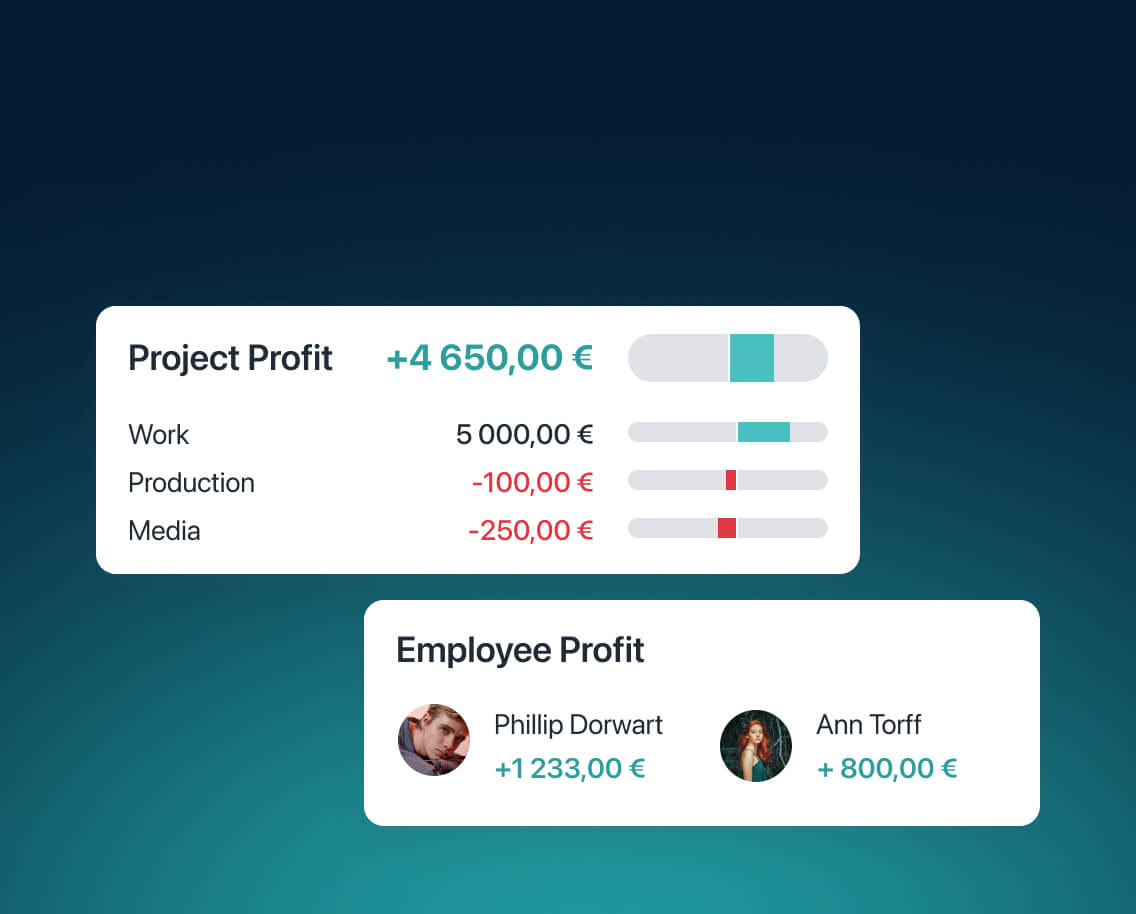CFO (Chief Financial Officer)
The Chief Financial Officer (CFO) plays a crucial role in the success of an advertising agency, as they are the senior executive responsible for overseeing and managing all financial operations. This includes a wide range of responsibilities that are essential for the agency's financial health and growth.
One of the primary tasks of a CFO in an advertising agency is financial planning. They work closely with the agency's leadership team to develop strategic financial plans that align with the agency's goals and objectives. This involves analyzing financial data, forecasting future financial trends, and making informed decisions to ensure the agency's financial stability and profitability.
Budgeting is another key responsibility of the CFO. They are responsible for creating and managing the agency's budget, allocating resources effectively, and ensuring that financial resources are utilized efficiently. By closely monitoring expenses and revenue, the CFO helps the agency make informed decisions about investments, cost-cutting measures, and resource allocation, ultimately contributing to the agency's overall financial success.
Financial reporting is an integral part of the CFO's role. They are responsible for preparing accurate and timely financial statements, including income statements, balance sheets, and cash flow statements. These reports provide valuable insights into the agency's financial performance, allowing the leadership team to make informed decisions and take necessary actions to drive growth and profitability.
Risk management is another critical aspect of the CFO's responsibilities. They identify and assess financial risks that the agency may face, such as market volatility, economic uncertainties, or changes in client demands. By implementing effective risk management strategies, the CFO helps mitigate potential financial risks and ensures the agency's financial stability in an ever-changing business landscape.
In addition to these core responsibilities, the CFO also plays a vital role in developing and implementing the agency's overall financial strategy. They collaborate with other executives to align financial goals with the agency's business objectives, ensuring that financial decisions support the agency's growth and success. The CFO also keeps abreast of industry trends, regulatory changes, and emerging financial technologies to stay ahead of the curve and drive innovation within the agency's financial operations.
Overall, the CFO is a key player in the financial management of an advertising agency. Their expertise and strategic guidance contribute to the agency's financial success, enabling it to thrive in a competitive industry. By overseeing financial planning, budgeting, financial reporting, risk management, and overall financial strategy, the CFO ensures that the agency remains financially sound, efficient, and well-positioned for growth in the dynamic world of advertising.
Related terms
Allfred guides your agency’s financial process
Increase agency profitability by up to 30% with all‑in‑one integrations
Allfred’s connected data and analytics capabilities enable agency owners to make data‑informed decisions, leading to better client satisfaction and successful campaigns.
Learn about:
BudgetingFinance & ReportingGet complete control of your invoicing
Automatically plan and track invoiced amounts and be confident nothing is left unpaid.

Analyse profit per project, client or even an employee
Breakdown your project’s profit and get insights into top performers.

Is Allfred the right fit for your agency?
Try for free for a week. No strings attached. No prepayment needed.
